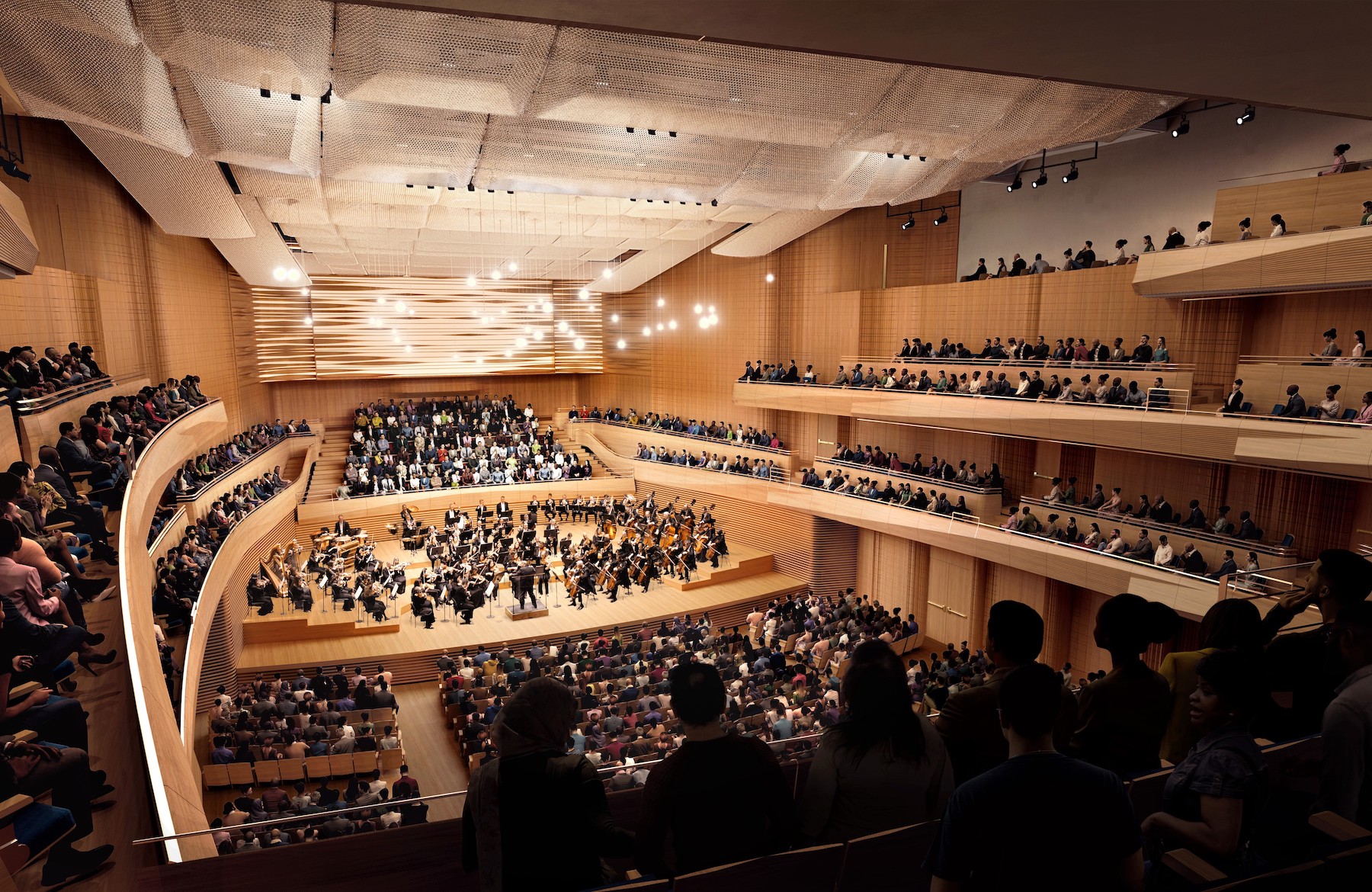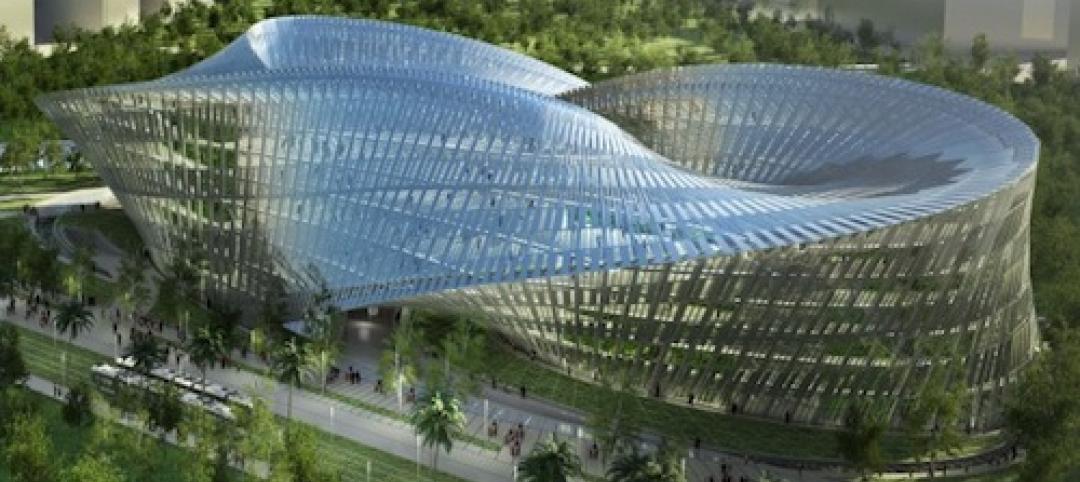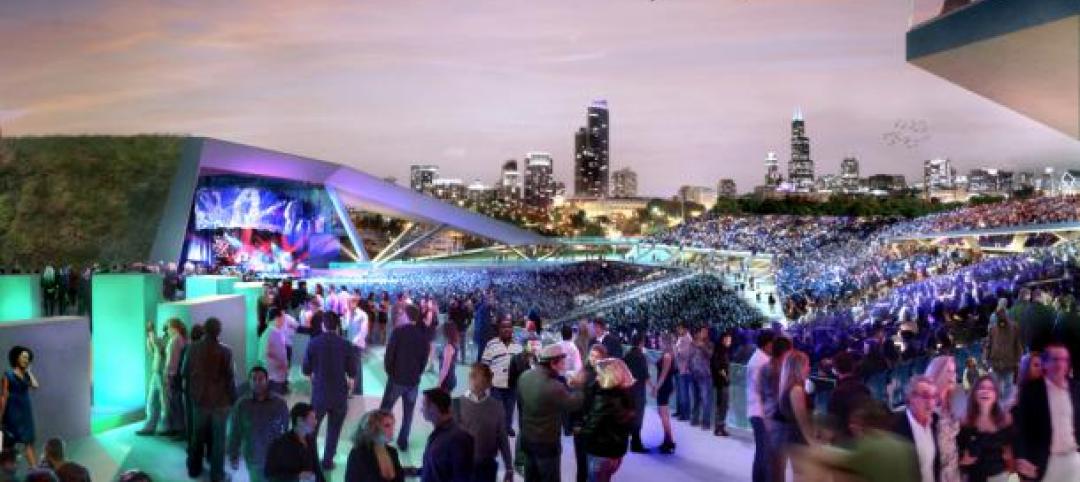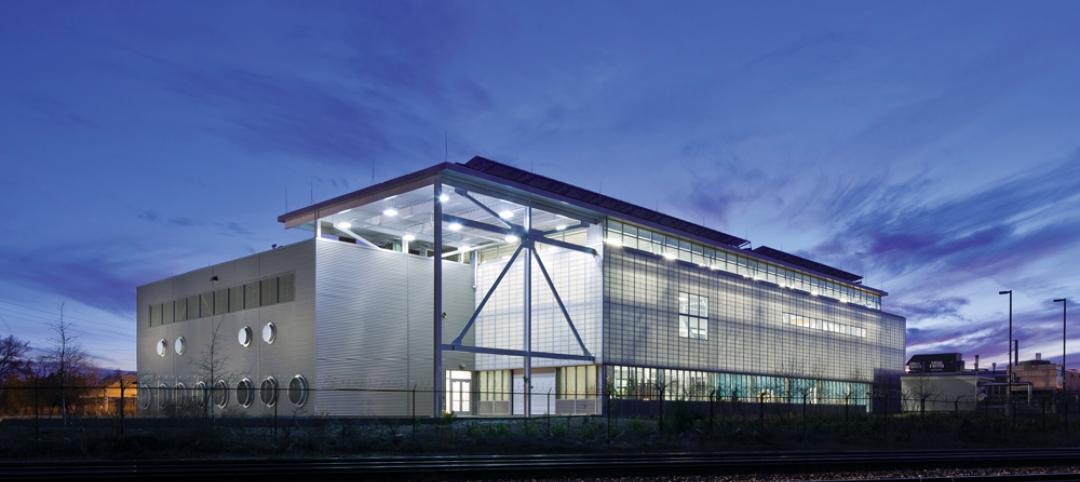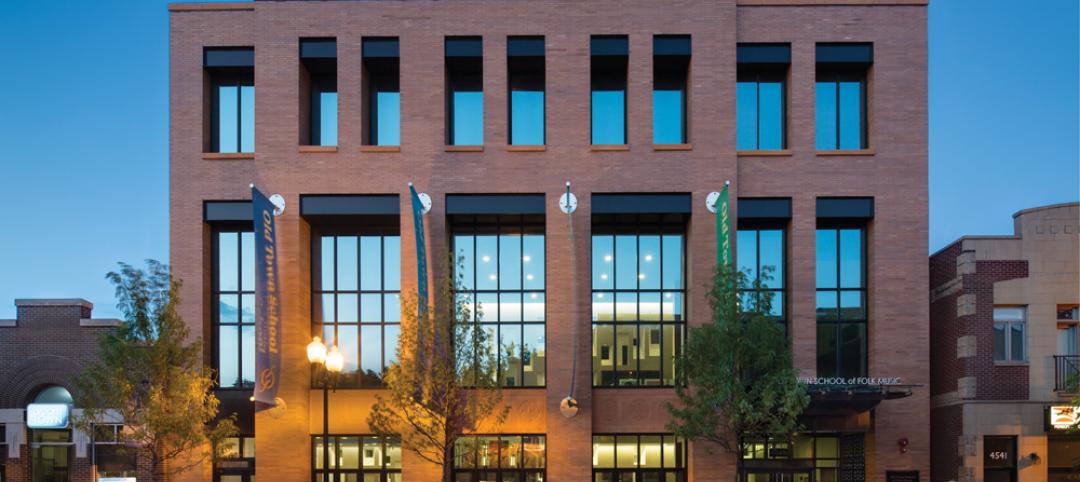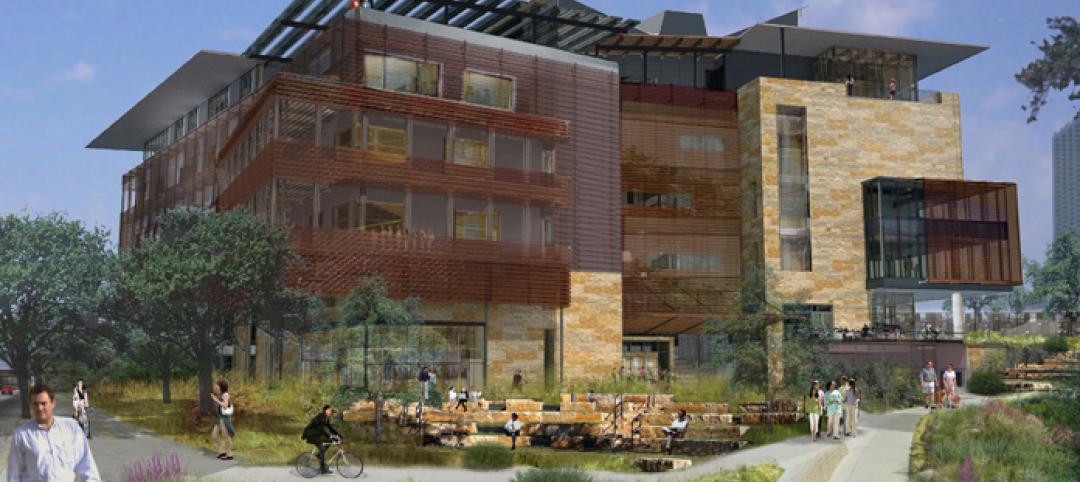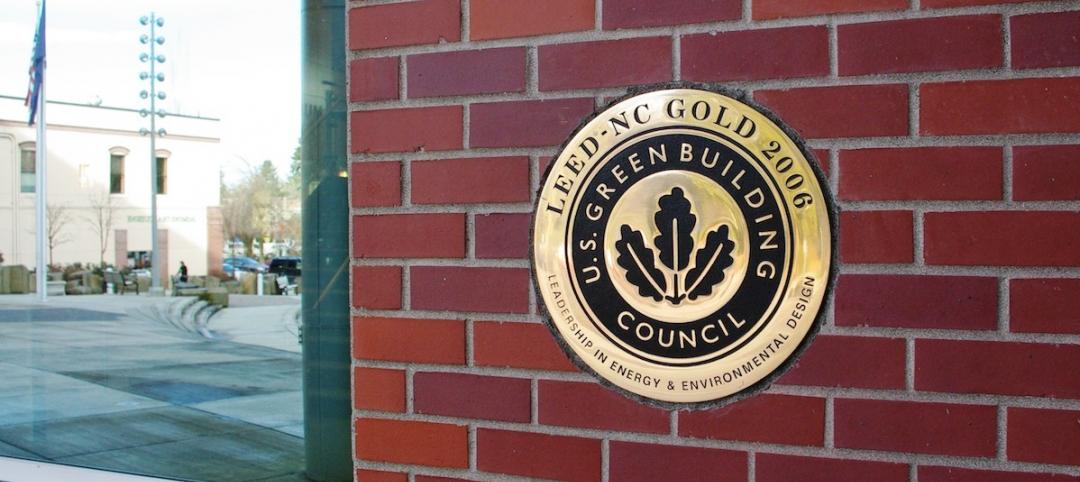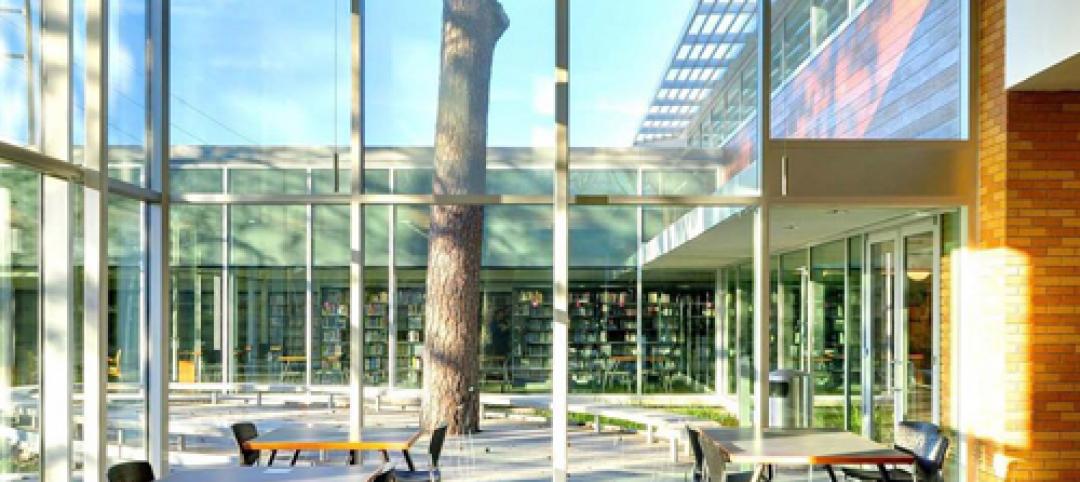David Geffen Hall, the acoustically challenged home to the New York Philharmonic at Lincoln Center for the Performing Arts in New York City, will reopen in October, 18 months ahead of schedule, as a “reimagined” performance space following its $550 million reconstruction and renovation.
On Wednesday, Lincoln Center made official the hall’s reopening plans at a press conference whose attendees included New York Governor Kathy Hochul and New York City Mayor Eric Adams, the latter of whom compared this project—which was completed during a coronavirus pandemic that shut down many businesses and activities in the city, including Lincoln Center—to the construction of the Empire State Building in one year and 24 days during the Great Depression of the 1930s.
Adams also made the connection between tourism that he hopes this refurbished hall will attract and his administration’s commitment to public safety at a time when violent crimes in New York City have risen alarmingly.
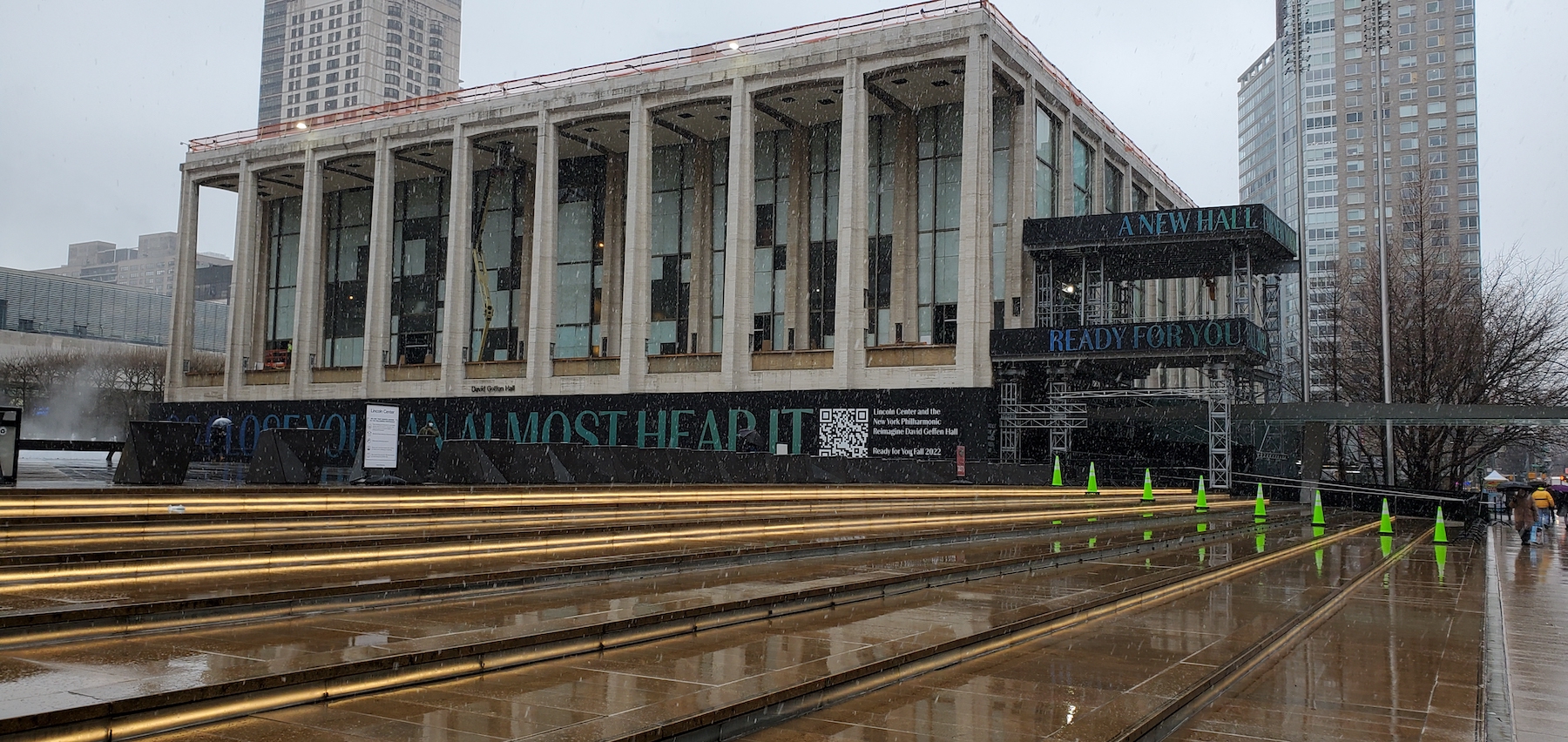
In the press conference’s audience was a cohort of construction workers for this project that included Milton Angeles, a civil engineer for Turner Construction, the project’s construction manager. During his brief speech, Angeles recalled being out of work before he was hired for his current position. This reconstruction created 3,000 construction job and 6,000 in total, and was expected to generate more than $600 million in economic activity through the reopening.
Other design and building team members include Thornton Tomasetti and Kohler Ronan (engineering), Diamond Schmitt Architects (architectural design), Akustiks (acoustics), Fisher Dachs (theater design), and Tod Williams Billie Tsien Architects (public space design, including a lobby that will double the size of its predecessor space).
The vast majority of this project’s cost—which was fully funded as of yesterday—was raised from private donor sources.
A SOUND INVESTMENT
At least since April 2021, Lincoln Center has been saying that David Geffen Hall would reopen in the fall of 2022, well ahead of its initial 2024 opening target. The pandemic, in fact, allowed for an accelerated reconstruction schedule after the Philharmonic stopped performing at Geffen and temporarily shuttled between Alice Tully Hall and Rose Theater at Jazz, two other performance spaces on Lincoln Center’s campus.
The New York Times reported yesterday that the pandemic cost the Philharmonic more than $27 million in ticket revenue.
Since opening in 1962, first under the name Philharmonic Hall and then as Avery Fisher Hall, the building had been plagued by complaints about the inferior quality of its acoustics and its design aesthetics (the hall was, essentially, a mammoth square box). In 2015, the record and movie producer David Geffen contributed $100 million for renovations and naming rights, and that ante kickstarted the fundraising campaign to reconstruct the hall.
“This is not just a renovation,” asserted Gary McCluskie, a principal architect with Diamond Schmitt, who spoke with BD+C yesterday.
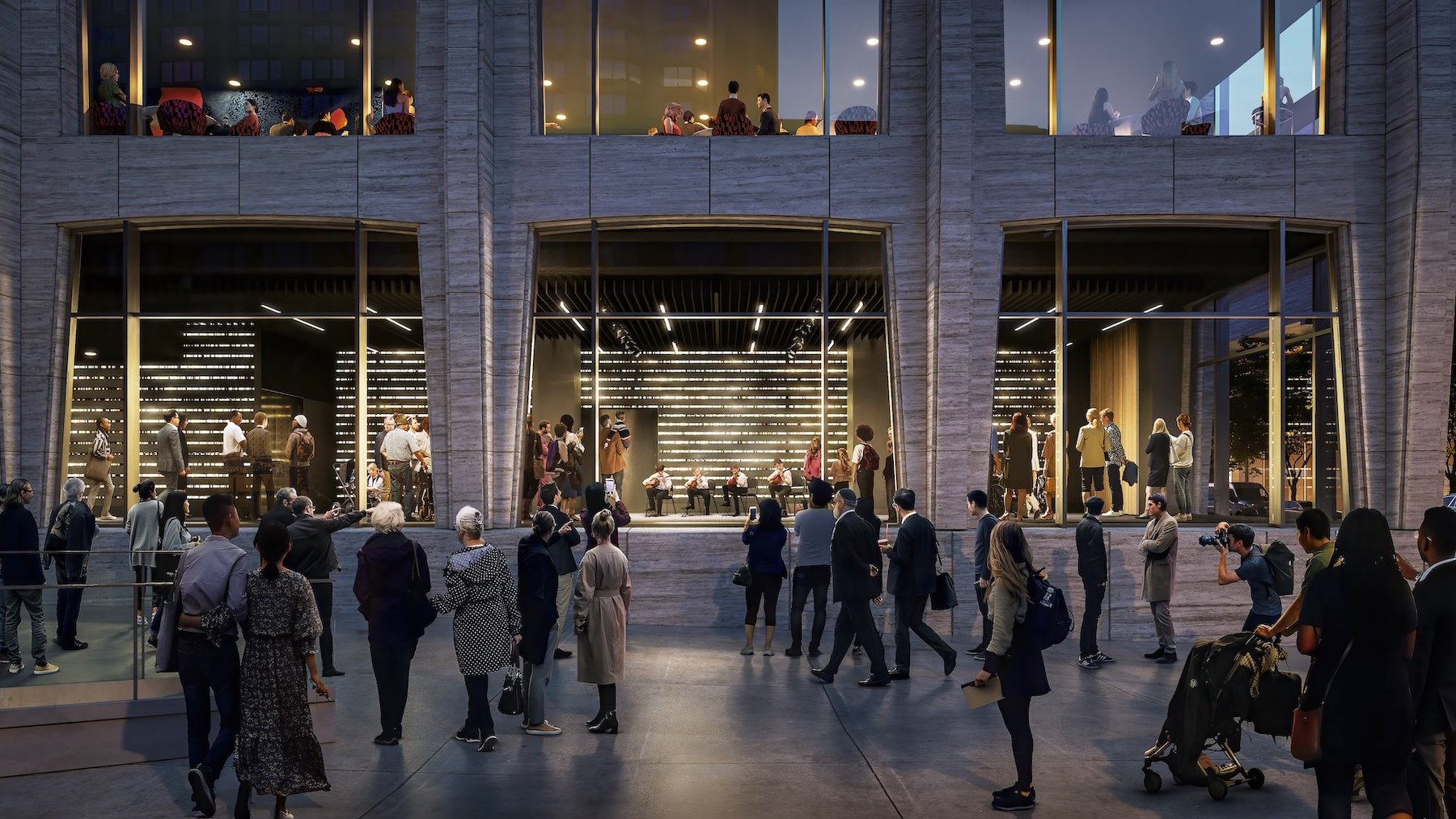
FEWER SEATS, MORE TRANSPARENCY
Key changes to improve the hall’s acoustics and sight lines, he explained, include eliminating its proscenium, moving the stage 24 ft forward, and positioning the stage so that the audience seating wraps around it. The design team reduced the seating to 2,200, from 2,738, reconstructed the side tiers, and replaced what had been plaster walls with 2- to 4-inch-thick beech wood cladding that is attached to concrete.
“Acoustics is all about balance,” said Paul Scarbrough, a Principal with Akustiks. “The audience absorbs sound, so with fewer people there’s less absorption.” He and McCluskie also pointed out that the hall—including motorized plastic reflectors in the ceiling, its lighting, the stage itself, and its sound—can be reconfigured for different types of performance events. (Scarbrough noted that amplified versus orchestral music requires different acoustical considerations.)
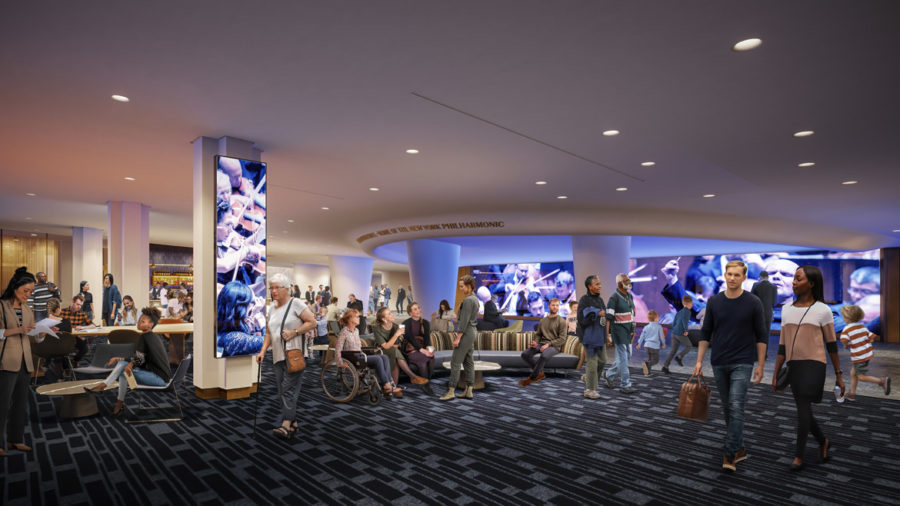
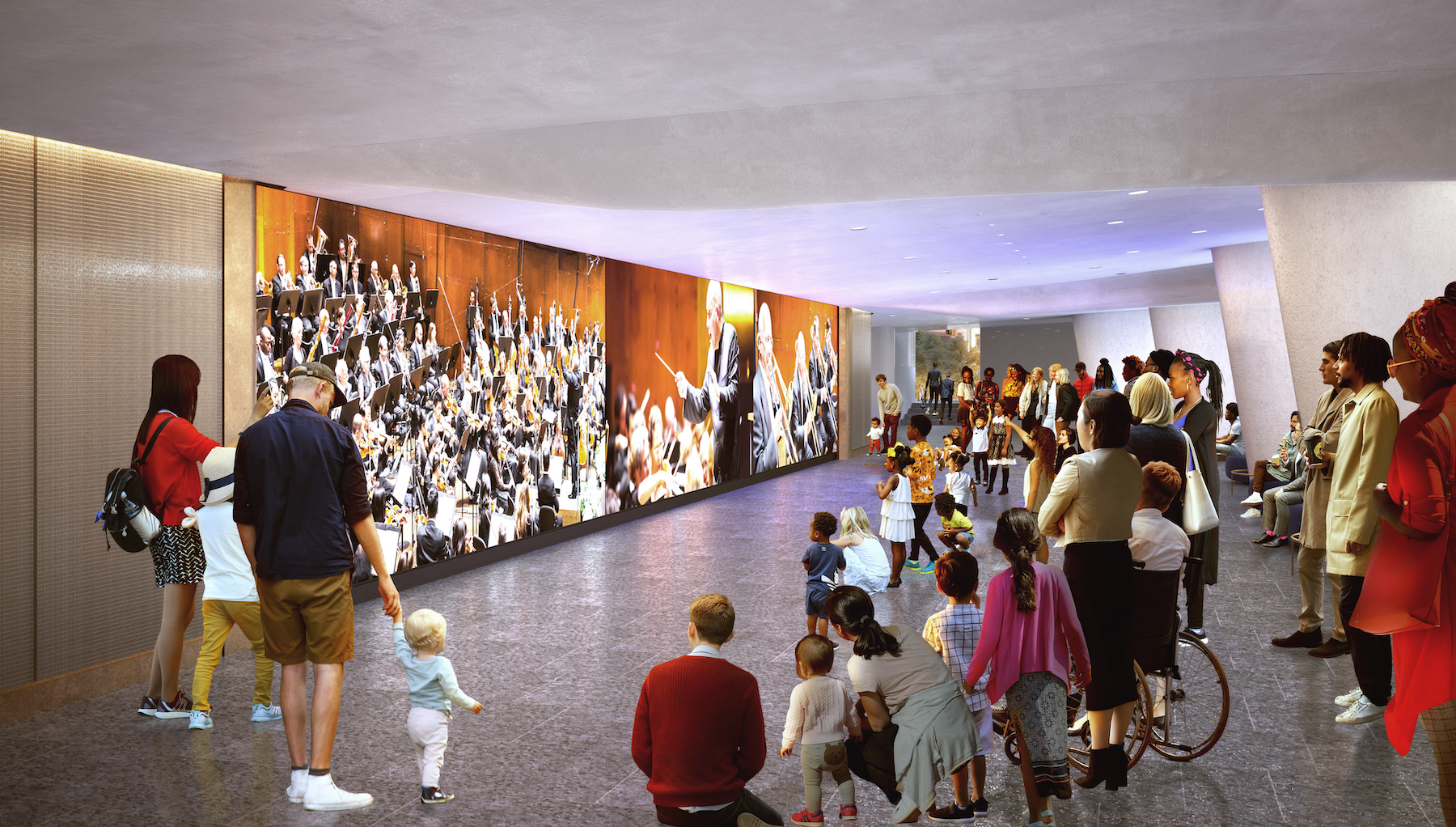
“We redefined every material we used to capture the energy of the performances,” said McCluskie. He added that those materials and fabrics are being carried over into the hall’s public spaces that include a Welcome Center, a Grand Promenade that Lincoln Center claims will create one of the largest gathering spaces for a performance facility in the city, and the addition of The Sidewalk Studio, a ground-floor home for educational, artistic and community activities with floor-to-ceiling windows for spectators to watch.
The hall’s expanded lobby will feature a 50-ft-long media streaming wall that displays concerts and events in real time.
The building will offer 11,000 sf of office space, and its north façade will serve as a billboard for site-specific works. It will also include a restaurant, patrons lounge and other amenities.
This summer, the Philharmonic plans to release its upcoming schedule of performances at David Geffen Hall.
Related Stories
| Jun 25, 2013
DC commission approves Gehry's redesign for Eisenhower memorial
Frank Gehry's updated for a new Dwight D. Eisenhower memorial in Washington, D.C., has been approved by the Eisenhower Memorial Commission, reports the Washington Post. The commission voted unanimously to approve the $110 million project, which has been gestating for 14 years.
| Jun 17, 2013
DOE launches database on energy performance of 60,000 buildings
The Energy Department today launched a new Buildings Performance Database, the largest free, publicly available database of residential and commercial building energy performance information.
| Jun 14, 2013
First look: Callebaut's eye-popping Möbius building for Taichung arts center
French design firm Vincent Callebaut Architectures has released renderings of "Swallow's Nest," an entry in a design competition for a new cultural center, fine arts museum, and public library in Taichung City, Taiwan. The building, based on a Möbius ring, swirls around a central "Endless Patio."
| Jun 13, 2013
7 great places that represent excellence in environmental design
An adaptive reuse to create LEED Platinum offices, a park that honors veterans, and a grand national plaza are among the seven projects named winners of the 2013 Great Places Awards. The Environmental Design and Research Association recognize professional and scholarly excellence in environmental design, with special attention paid to the relationship between physical form and human activity or experience.
| Jun 12, 2013
5 building projects that put the 'team' in teamwork
The winners of the 2013 Building Team Awards show that great buildings cannot be built without the successful collaboration of the Building Team.
| Jun 11, 2013
Music/dance building supports sweet harmony [2013 Building Team Award winner]
A LEED Gold project enhances a busy Chicago neighborhood, meeting ambitious criteria for acoustical design and adaptability.
| Jun 7, 2013
First look: Austin breaks ground on 'light-filled' Central Library
The design scheme by Lake|Flato and Shepley Bulfinch incorporates reading "porches" and a light-filled, six-story atrium.
| Jun 5, 2013
USGBC: Free LEED certification for projects in new markets
In an effort to accelerate sustainable development around the world, the U.S. Green Building Council is offering free LEED certification to the first projects to certify in the 112 countries where LEED has yet to take root.
| Jun 3, 2013
Construction spending inches upward in April
The U.S. Census Bureau of the Department of Commerce announced today that construction spending during April 2013 was estimated at a seasonally adjusted annual rate of $860.8 billion, 0.4 percent above the revised March estimate of $857.7 billion.
| May 29, 2013
6 award-winning library projects
The Anacostia Neighborhood Library in Washington, D.C., and the renovation of Cass Gilbert’s grand Beaux-Arts library in St. Louis are among six projects to be named 2013 AIA/ALA Library Building Award winners.


